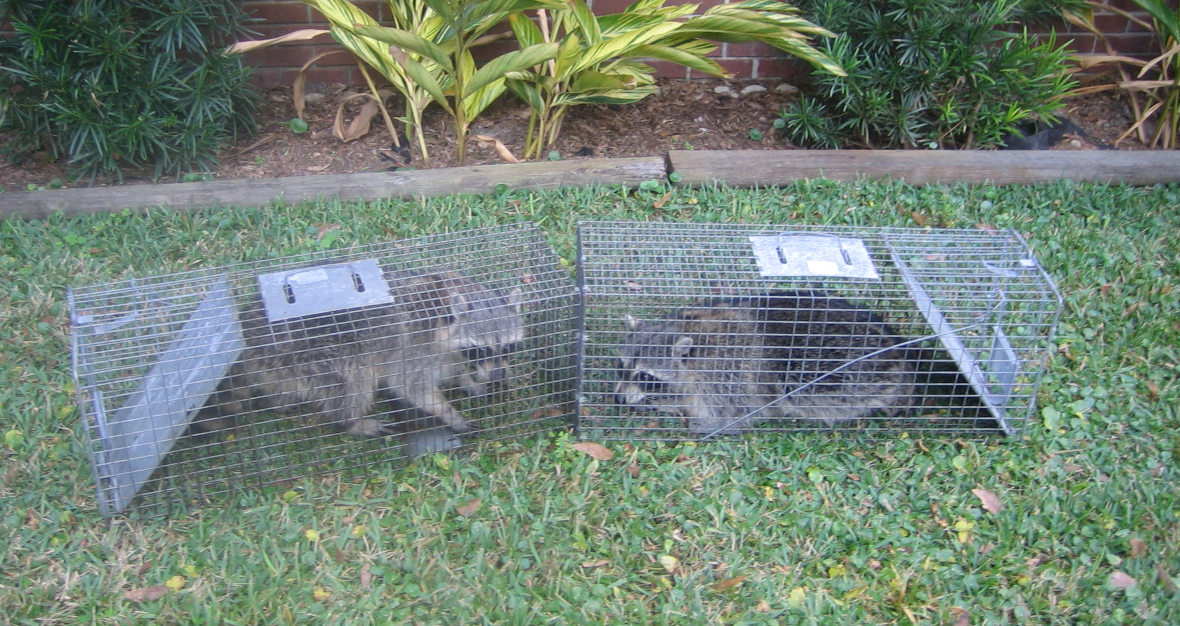- info@Lansinganimalattic.com
Call 24/7 for a free quote:
517-301-6505
Can Raccoons Swim
The raccoons are great swimmers that enable them to prey on different aquatic creatures. They can also stay in waters for an extended period. They can reach an average swimming speed of 3mph. The Lansing raccoons are used to hunting near riverbanks. They will be using their swimming ability to hunt small amphibians and crustaceans. They have short front legs and a quick torso that makes it impossible for them to jump great heights. However, they can use these features to swim like a pro.

The Michigan Raccoons and Your Pools
When the raccoon will need to cover a shorter distance, they can reach an average of 10-15 mph. Compared to other animals with similar size, they can scale vertical surface using their climbing skills. Combine it with their swimming skill and it will not be impossible for you to encounter a raccoon swimming in your pool.
The Dangers of Raccoons in the Pools
The Lansing raccoons are known to carry parasites and germs that can be transferred to humans. It is necessary to keep this creature off your pool. You should also remain alert on the droppings of the raccoons that will be left on your pool. The raccoon may carry the egg of the worm known as Baylisascaris procynosis. Once the human is infected with this disease, it may cause a severe neurological problem.
A Guide on Baylisascaris
The Baylisascaris procynosis is a type of roundworm that will usually infect the raccoon. The infected raccoon can be found in various parts of the US. Once you are exposed to the fungal spores of the roundworm, this may cause severe illness.
Type of Illness You May Acquire with Baylisascaris-the infectious disease caused by this worm are rarely diagnosed on humans. In some cases, the illness will not show any symptoms. Inhaling a significant amount of eggs can result to a severe infection.
How it Spread-The disease can be spread by ingesting the eggs of the roundworm that are found in the feces of the raccoon. The egg can survive even during harsh condition. Once the droppings of the animals have been disturbed the eggs are so light that it can be carried to the air. You may accidentally inhale the eggs that can lead to the infection.
What to Do in Case You Found a Raccoon Feces in Your Pool
While the chlorine content of your pool can kill most of the germs that the raccoon may carry with them when they swim on our pool, it won’t be enough to kill the eggs of the roundworm. Once you discover the feces of the raccoon in your pool, you must close your pool to swimmers. You will then need to send the water of the pool or the feces to the lab for testing. They will determine if the water or the feces is infected with the roundworm eggs. In case you do not want to go through the hassles of testing, you must clean the pool thoroughly.
As we mentioned above, roundworm eggs will not die from your average cleaning solutions. Ask the professionals about the best method to clean your pool.
Visit our Lansing wildlife trapping home page to learn more about us.

